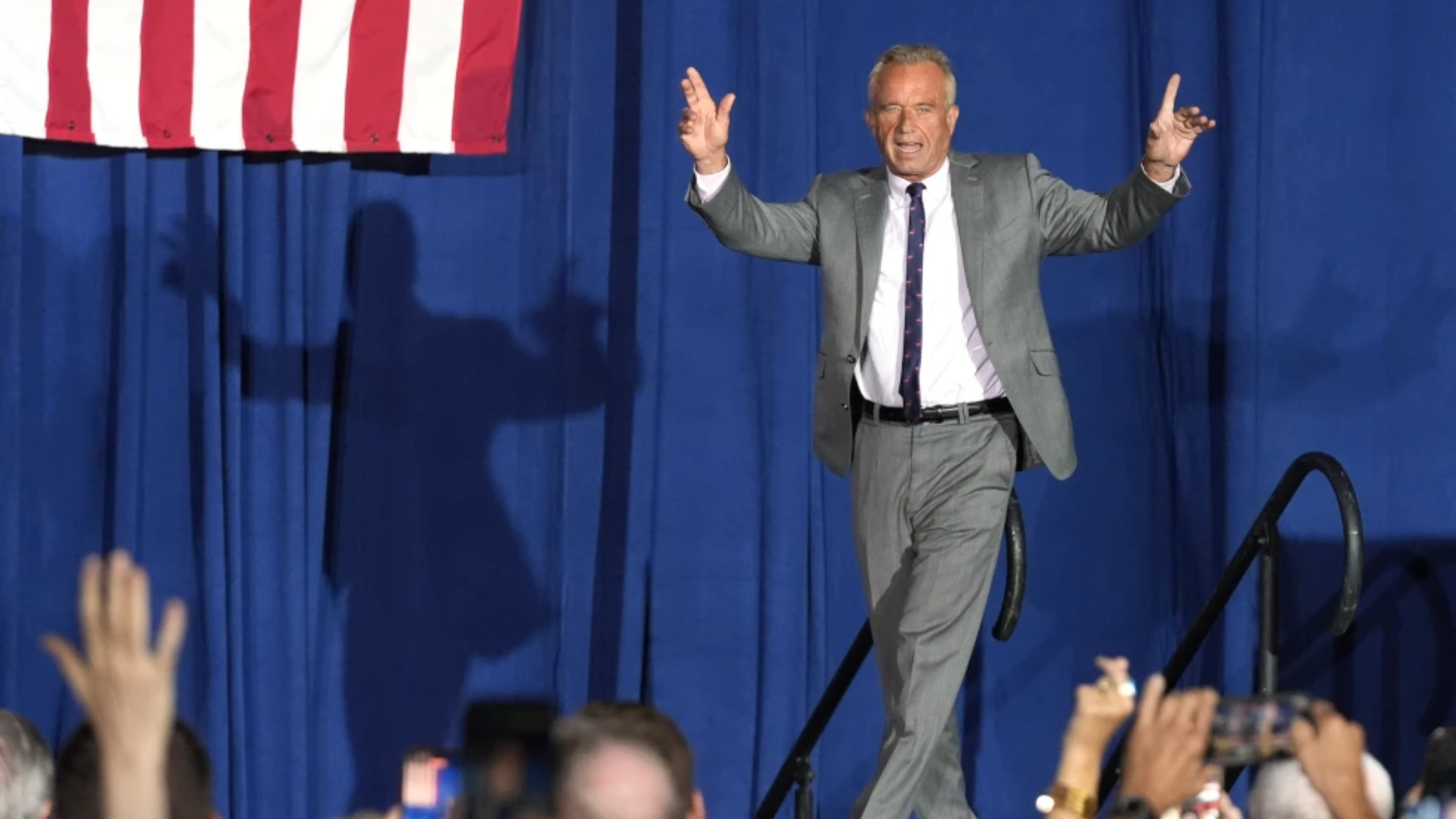WASHINGTON — (CNN) Bernie Sanders has always had a take-me-or-leave-me approach to his status as a self-described democratic socialist. But he will head to Georgetown University Thursday to explain precisely what that label means and why his values fit squarely in the American political system.
The Democratic presidential candidate has long been the only member of Congress even remotely self-associated with the word “socialist.” But Sanders’ bet is that things have changed — and the label doesn’t carry the baggage it once did.
Democratic activists in Iowa surveyed by CNN this fall in Iowa, at the annual Jefferson Jackson Dinner, said they were quite fine with the term “democratic socialism.”
“Well I’m not afraid of that label at all. I think a lot of it actually defines who we are as Democrats,” said Kristi Keast, a Hillary Clinton supporter.
Anne Fultz, a Sanders supporter, said, “We are already a ‘socialist’ country. I have Social Security, you have Social Security. We already have that in place.”
“I don’t know if it means anything different than Democratic values, in the sense (of a) fair opportunity for all,” Lynn Wilson, a Hillary Clinton supporter told CNN.
Sanders’ campaign promised the speech would expound on Franklin D. Roosevelt’s “Second Bill of Rights,” a speech that includes many of the big ideas Democrats have been pushing for decades.
“At a time of massive income and wealth inequality Sanders believes, as did Roosevelt, that all Americans should have a right to a job with a living wage; health care; education; social security; housing and freedom from unfair competition and monopolies,” the Sanders campaign wrote in a brief email to reporters Wednesday.
Roosevelt, in his 1944 State of the Union speech, outlined eight new rights “under which a new basis of security and prosperity can be established for all regardless of station, race, or creed.” These included the right to a good-paying job, a home, health care and education, according to the text of the speech.
Sanders was promised last month, when Sanders’ campaign was getting the bulk of media attention as a spoiler to Democratic front-runner Hillary Clinton.
“We’re going to win, because first we’re going to explain what democratic socialism is,” Sanders said at the CNN presidential debate in October when asked if a socialist could be elected president.
“What democratic socialism is about is saying that it is immoral and wrong that the top one-tenth of 1% in this country own almost 9%, almost — own almost as much wealth as the bottom 90%, that it is wrong today, in a rigged economy, that 57% of all new income is going to the top one percent.”
Sanders has stuck to delivering a withering assessment of inequality and Wall Street almost without pause. (He barely shifted his message at all in Saturday’s Democratic debate, just a day after the Paris attacks.)
And the Roosevelt connection likely represents an attempt by Sanders to move past any sort of “socialism” label by talking about big ideas that more voters can get on board with.
Mo Elleithee, the Democratic Party’s communications director until he left to become director of Georgetown Institute of Politics and Public Service, said it’s still “too heavy a lift” for Sanders to try and get voters on board with “socialism.” The campaign’s challenge will be getting people to see past the term, he said.
“I don’t think they’d be giving this speech if it gave people the warm and fuzzies,” Elleithee said.
“There’s probably a significant number of people out there who hear the word ‘socialist’ and don’t understand the difference between socialist and democratic socialist and that’s a barrier for them,” he said. “They won’t even let him in the door because of that.”
The-CNN-Wire ™ & © 2015 Cable News Network, Inc., a Time Warner Company. All rights reserved. (PHOTO: CNN)






















